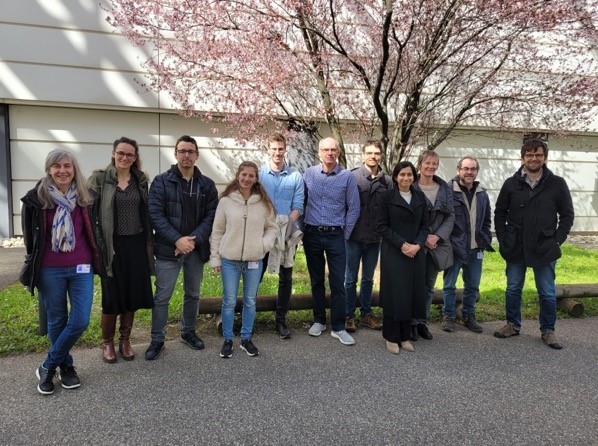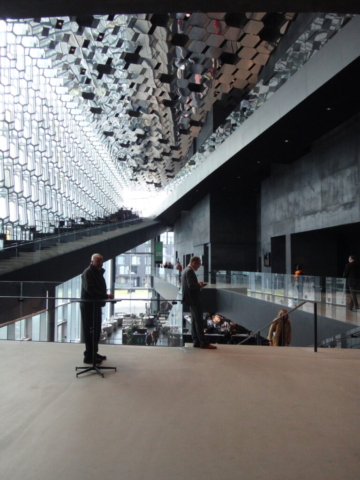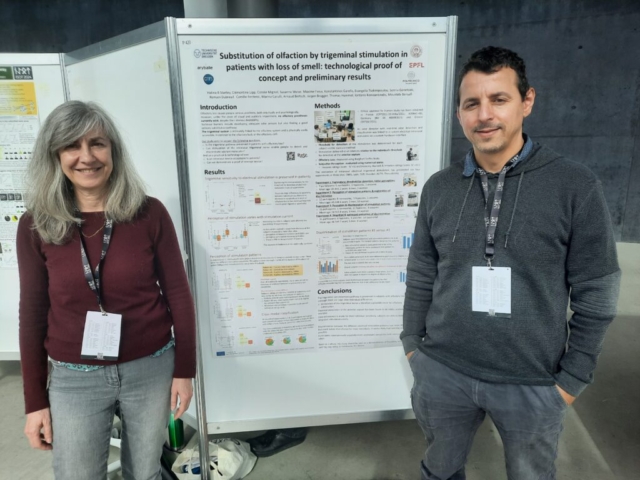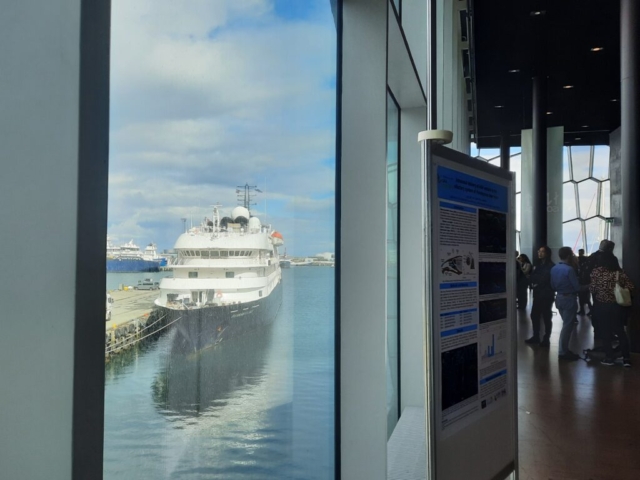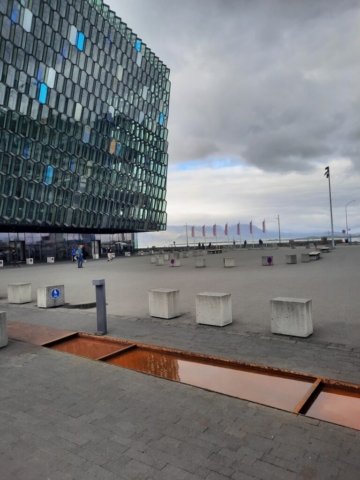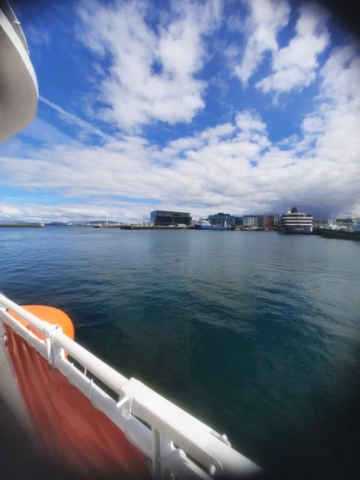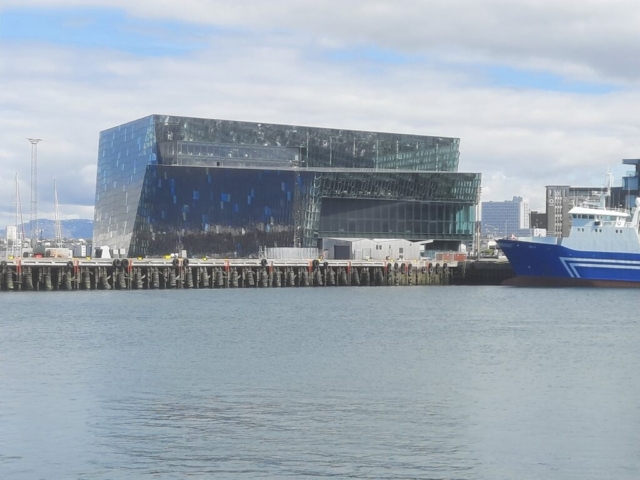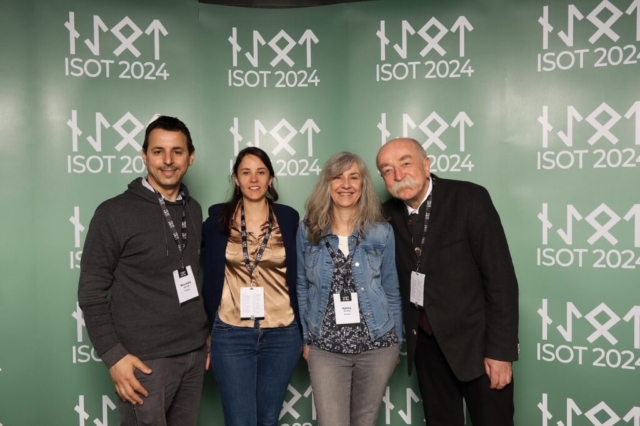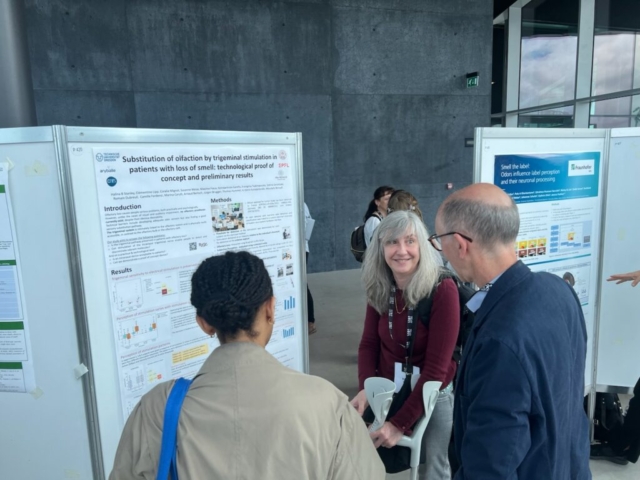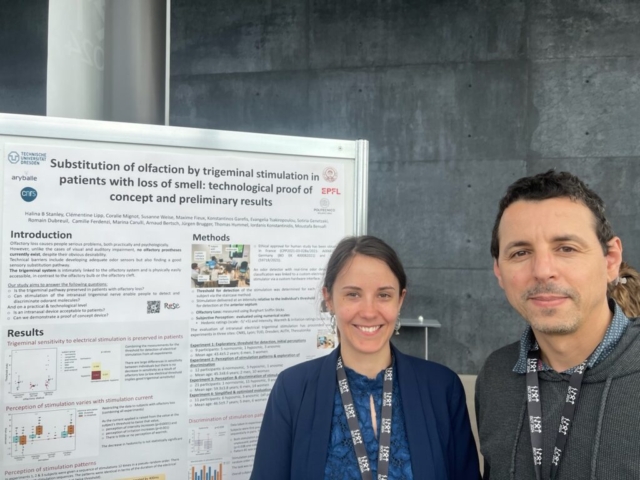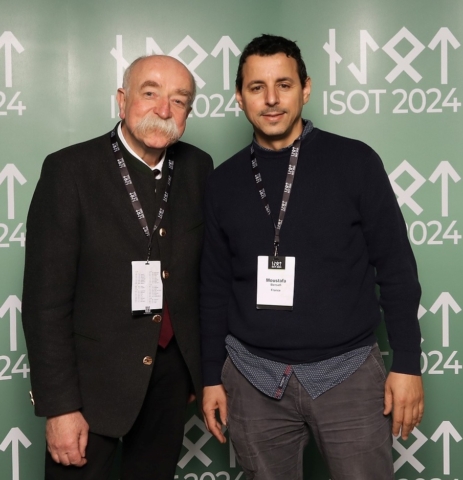 ✨ The CNRS Journal, with Moustafa Bensafi from ROSE, has published a review of the causes and potential treatments of olfactory disorders (in French). The article highlights the importance of interdisciplinary collaboration in improving diagnostic and therapeutic approaches for these often overlooked disorders.
✨ The CNRS Journal, with Moustafa Bensafi from ROSE, has published a review of the causes and potential treatments of olfactory disorders (in French). The article highlights the importance of interdisciplinary collaboration in improving diagnostic and therapeutic approaches for these often overlooked disorders.
Auteur/autrice : Halina Stanley

Thomas Hummel & Coralie Mignot (TUD) together with Moustafa Bensafi, Halina Stanley & Camille Ferdenzi (CNRS) attended the ISOT2024 conference in Reykjavik Iceland.
ISOT2024 was particularly well-attended (there were nearly 730 attendees from all over the world) with many interesting presentations. Here are the abstracts. Thomas Hummel (TUD) gave an oral presentation on « Trigeminal function and its association with olfactory perception » and ROSE presented a poster entitled « Substitution of olfaction by trigeminal stimulation in patients with loss of smell: technological proof of concept and preliminary results ».
P420 Substitution of olfaction by trigeminal stimulation in patients with loss of smell: technological proof of concept and preliminary results
Halina Barbara Stanley 1, Moustafa Bensafi 1 Clémentine Sophie Lipp 2, Coralie Mignot 3, Susanne Weise 3, Maxime Fieux 4, Konstantinos Garefis 5, Evangelia Tsakiropoulou 5, Sotiria Genetzaki 5, Romain Dubreuil 6, Camille Ferdenzi 7, Marina Carulli 8, Arnaud Bertsch 2, Jürgen Brugger 2, Thomas Hummel 3, Iordanis Konstantinidis 5
1 CNRS, INSERM, Université Claude Bernard Lyon 1, Bron, France
2 École Polytechnique Fédérale de Lausanne (EPFL), Lausanne, Switzerland
3 Technische Universität Dresden, Dresden, Germany
4 Université Claude Bernard Lyon 1, Bron, France
5 Aristotle University, Thessaloniki, Greece 6 Aryballe, Grenoble, France
6 Aryballe, Grenoble, France
7 CNRS, INSERM, Université Claude Bernard Lyon 1, Bron, France
8 Politecnico di Milano, Milan, Italy
Loss of the sense of smell is a sensory impairment which has major consequences in many areas of daily life: eating, sensory pleasure, social life and danger detection. To date the main therapies are surgery, medication or olfactory training, but a prosthesis-type technology enabling patients to sample their olfactory environment has not yet been developed. The aim of this study was to develop a proof of concept for such a device. The hypothesis tested in this work was that stimulation of the intranasal trigeminal system by a device that captures odorant molecules and transforms the chemical information into an electrical signal will enable patients to detect and discriminate odorant molecules via this substitution pathway. To test this hypothesis a device that combines an artificial nose with an electrical stimulator positioned in the nasal cavity has been developed. Two experiments involving normosmic individuals and patients with olfactory loss showed that individuals were able to detect their olfactory environment using the device. For discrimination, the results are less clear-cut, but show that a majority of patients can distinguish between two odorous molecules. Further experiments are underway to improve patients’ discrimination performance by adjusting electrical stimulation parameters such as amplitude, duration and frequency. Taken as a whole, this study should be seen as a demonstration of feasibility, with the next big step being to miniaturise the device.

The ROSE consortium, represented by Romain Dubreuil (Aryballe), participated in the Tech Demo Day on Medical technologies and medical devices on 15th May 2024.
The European Innovation Council Tech to Market venture building programme aims to support Pathfinder & Transition beneficiaries in their journey to transform their scientific results into innovations. Romain Dubreuil presented the ROSE project and our current results to innovation experts and received feedback on market potential at this event.
E-nose simulation
23rd January 2024
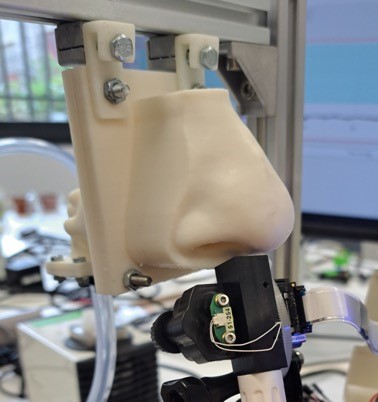
A detailed model of the human nose with a nasal cavity based on CT scans has been created by the team in Milan (POLIMI). It is now ready for testing the latest generation odor sensor with real fluid flows at Aryballe, Grenoble.
21st January 2024
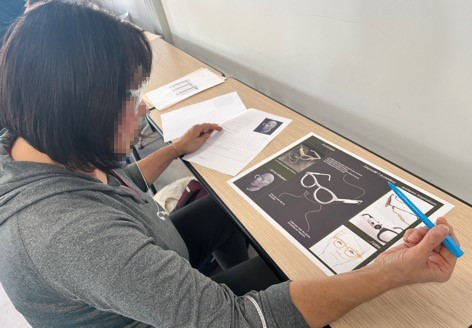
Patients with olfactory loss have taken part in a workshop at Lyon. They evaluated a set of non-functional prototypes of our digital olfaction module, conceived and built by the team at POLIMI.
We learnt a lot about patients’ needs and their opinions of the different models in terms of ergonomy and esthetics. Their comments were very helpful. Feedback from patients both during and after the day was also positive; they enjoyed the conference and the opportunity for discussion. There is clearly a need both for effective treatments and for patient support & discussion groups.
DOM in Thessaloniki
8th December 2023
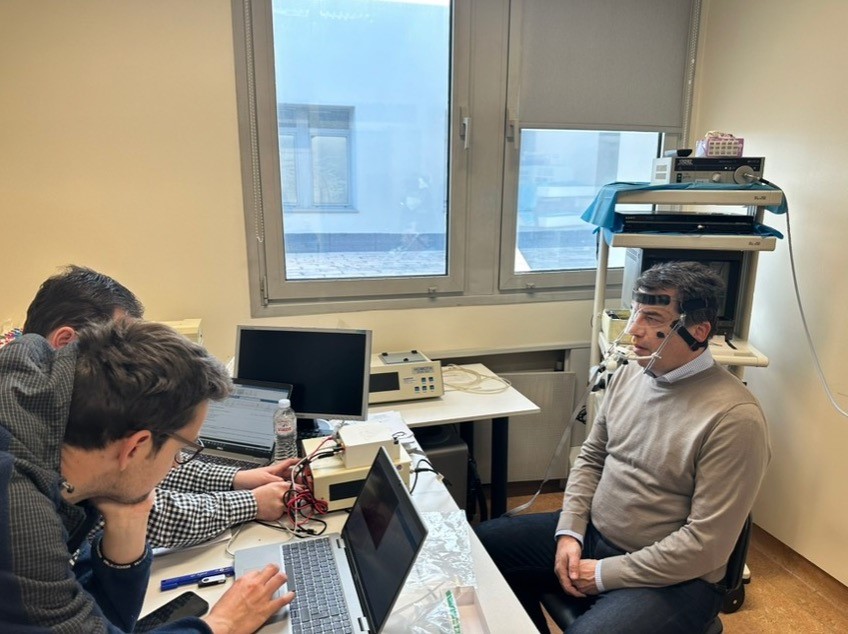
The first version of our digital olfaction module is delivered to the team at Thessaloniki, ready for tests with patients
First Olfactory Implant Conference
30th November 2023
Thomas Hummel (TUD) and colleagues organized the first international meeting on olfactory implants in Geneva. This was attended by many members of the ROSE consortium.
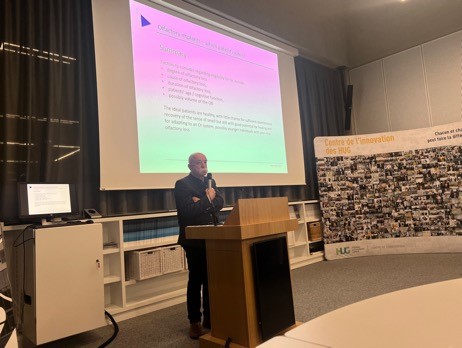
At a satellite meeting of this conference the first version of our proof-of-concept olfaction module was transferred from Aryballe (Grenoble) to the team at Dresden ready for tests with patients.
5th October 2023
The whole consortium met in Dresden for our 5th bi-annual scientific meeting. Partners presented the work completed in each work package via talks, demonstrations and posters. We had many fruitful discussions, both between consortium members and with the advisory board.
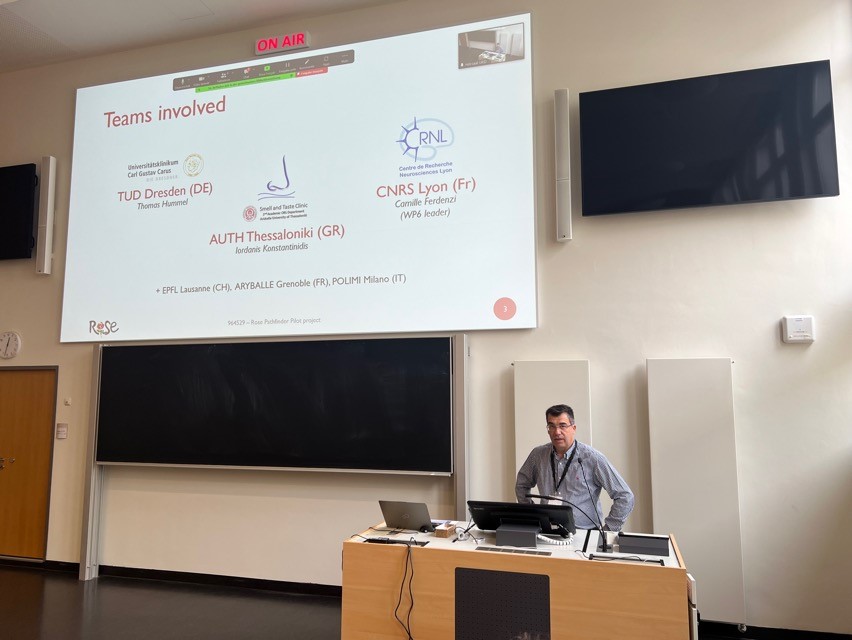

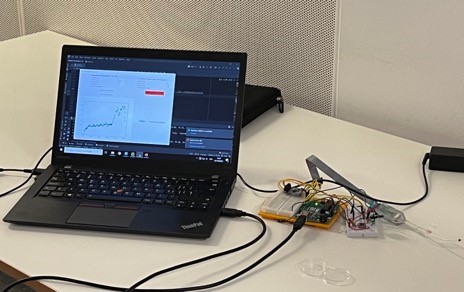
Digital Olfaction Module, version 1
September 2023
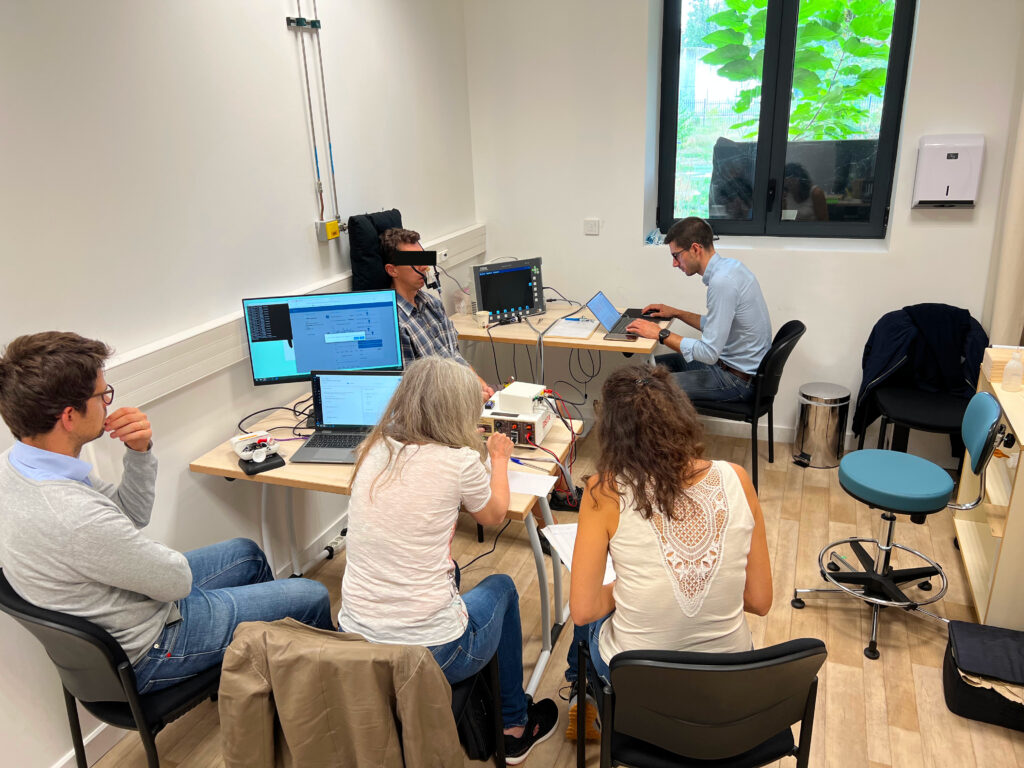
First tests of version 01 of our proof-of-concept digital olfaction module at CNRS Lyon. A sample odor is recognised by the e-nose and mapped to a stimulation, which is felt by a volunteer in real-time.
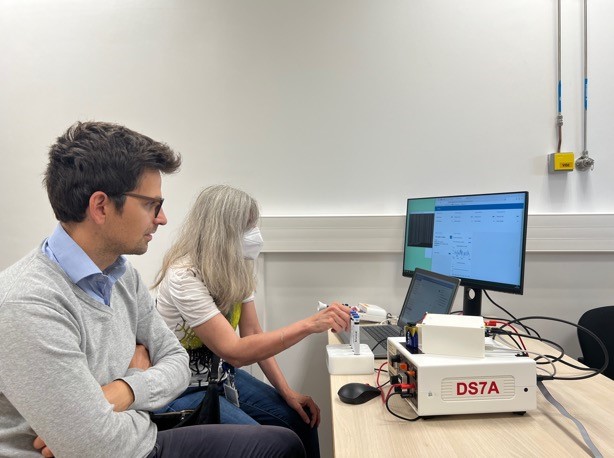
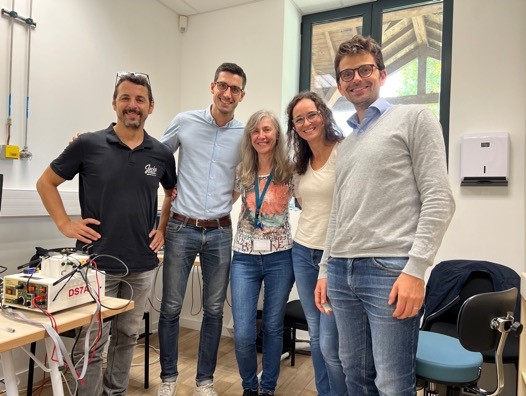
4th bi-Annual Scientific Meeting
17th March 2023
The consortium has held its fourth bi-annual scientific meeting in Grenoble at the CEA’s LETI laboratory and welcomed two new post-doc researchers to the team: Anurupa Shaw (CEA) who will be working on the CMUT sensors and Clémentine Lipp (EPFL) who will be continuing the work of Evgenii Glushkov.
